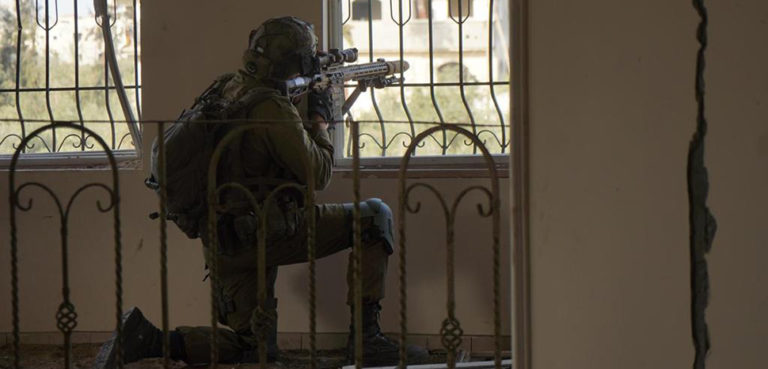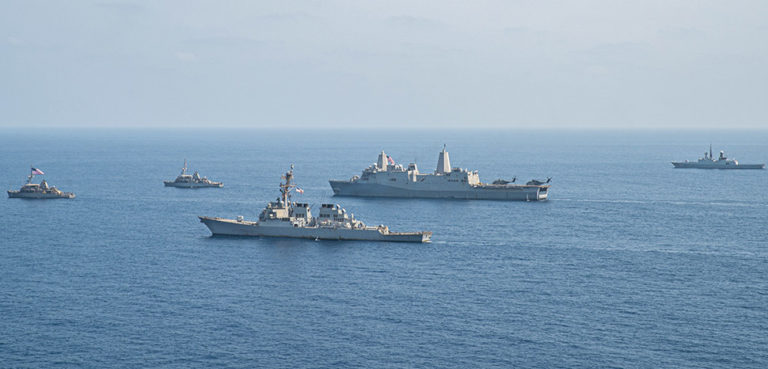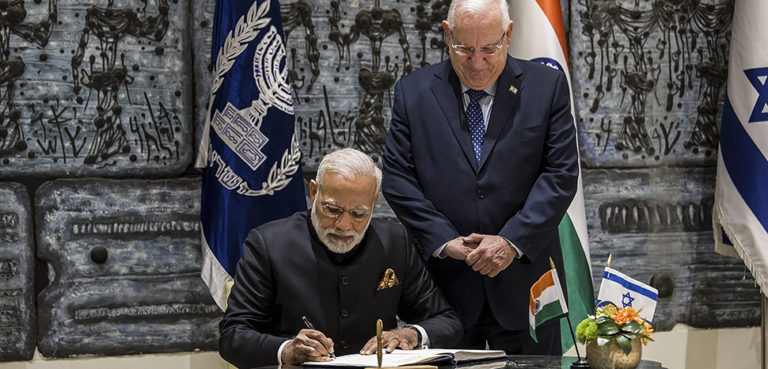The assassination of Yahya Sinwar, a top Hamas leader responsible for orchestrating the October 7 attacks on Israel, marked a significant yet complex moment in the ongoing conflict. While Israel celebrated Sinwar’s death as a form of justice, it did little to resolve the deeper challenges that have entangled the country in Gaza. Sinwar’s removal from the scene is not a turning point but a piece of a much larger puzzle – one that involves military, political, and humanitarian dimensions, all of which continue to evolve in ways that make long-term stability elusive.
The Symbolism and Limits of Sinwar’s Death
Yahya Sinwar wasn’t just another leader of Hamas; he embodied the group’s relentless and often brutal resistance. His central role in orchestrating the October 7 attacks, which left over 1,200 Israelis dead and saw hundreds taken hostage, made him Israel’s most wanted man. When he was assassinated, it was seen as a major victory for those seeking justice for the atrocities committed by Hamas.
But while Sinwar’s death might satisfy an immediate desire for retribution, it doesn’t fundamentally change the course of the conflict. Hamas isn’t reliant on a single figurehead or a tight circle of leaders. It’s decentralized, with local commanders and a somewhat clear line of succession. This structure allows the group to continue operating even after losing prominent figures like Sinwar. Whoever steps into his shoes is likely to carry forward the same hardline stance, continuing Hamas’s resistance against Israel and their broader goal of reclaiming what they see as historic Palestine. In that sense, killing Sinwar is more of a symbolic victory than a strategic one – it may lift spirits in Israel, but it won’t dismantle Hamas or bring an end to the cycle of violence.
In fact, Sinwar’s death could have the opposite effect among Palestinians. For many, he represented defiance against Israeli occupation, and his assassination might elevate him to the status of a martyr. In Palestinian society, those who die fighting Israel are often viewed as heroes, and this could rally more support for Hamas, despite the devastation that has resulted from the conflict. Instead of weakening the group, his death, coupled with the devastation left by Israel, may inspire more Palestinians to stand behind Hamas, keeping their resistance alive and fueling their long-standing fight against Israel.
Israel’s Expanding Military Offensive in Gaza
Sinwar’s death comes against the backdrop of a broader and increasingly intense Israeli military campaign in Gaza. Over the past year, Israel has launched several major offensives aimed at degrading Hamas’ military and political infrastructure, yet these efforts have not fully neutralized the group. Hamas has consistently shown the capacity to regroup, reconstituting its forces and administrative structures after Israel temporarily withdraws. This resilience has left Israel in a strategic deadlock, where military victories are followed by the reemergence of Hamas as a governing and militant force.
In the latest campaign, Israel has escalated its military operations in northern Gaza, signaling a shift toward a more aggressive approach. Hundreds of thousands of Palestinians have been ordered to evacuate, and Israel has imposed harsh restrictions on the flow of food, water, fuel, and medical supplies. These measures are designed to weaken Hamas by cutting off its access to resources, but they have also led to severe humanitarian crises. Many civilians, trapped in areas like the Jabalia refugee camp, have been unable to evacuate, either because of the dangers involved or because they believe no place in Gaza is truly safe.
The humanitarian toll is significant. Gaza’s south, where more than a million of displaced Palestinians now live, is struggling with overcrowding, limited access to basic services, and worsening living conditions. Israel has designated certain areas, such as al-Mawasi, as “humanitarian zones,” but these areas remain under threat from Israeli strikes targeting militants. This blurring of military objectives and civilian protection has drawn widespread international condemnation, with many organizations accusing Israel of indiscriminate attacks that disproportionately affect non-combatants.
Israel’s Lack of a Clear Endgame
While the military campaign against Hamas continues, there is growing concern that Israel lacks a clear long-term strategy for Gaza. Prime Minister Benjamin Netanyahu has consistently advocated for a hardline approach, pushing for the complete destruction of Hamas as both a military and governing force. Yet, beyond these immediate objectives, the Israeli government has not articulated a detailed vision for what comes next.
This opaqueness has fueled speculation about more extreme measures that could be on the table. One such proposal is the so-called “Generals’ Plan,” which involves a total siege of northern Gaza. Under this plan, residents would be given a limited time to evacuate, after which the Israeli army would impose a complete blockade, cutting off all resources to force Hamas into surrender. The plan also envisions the establishment of a new local governance structure in Gaza, though it remains unclear who would assume this role if both Hamas and the Palestinian Authority are excluded from the equation.
The “Generals’ Plan” raises the possibility that Gaza could begin to resemble the West Bank in its fragmented form, where Palestinian areas have been carved into isolated pockets by Israeli settlements and military zones, and where Palestinians live with limited control over their land.
Netanyahu has not officially endorsed the “Generals’ Plan,” but he has not ruled it out either. His government is divided, with some ministers pushing for more aggressive measures and others urging caution. This internal division reflects the broader challenge Netanyahu faces: balancing the demands of his right-wing coalition, which favors military dominance and potentially even the reoccupation of parts of Gaza, with international pressure to avoid further escalation.
The Perverse Incentives of US Support
The United States plays a crucial role in shaping Israel’s actions, both through military aid and diplomatic backing. The recent deployment of US troops and missile defense systems to Israel underscores the Biden administration’s concern that the conflict could spiral into a larger regional war if Iran is not properly deterred and becomes more directly involved. However, while the United States has provided Israel with strong support, this dynamic tends to create perverse incentives.
In essence, US support shields Israel from some of the immediate repercussions of its military actions, allowing Netanyahu to escalate the conflict without fearing significant blowback. This creates a situation where Israel can pursue riskier strategies, knowing that Washington will step in to mitigate the fallout. The Biden administration has argued that its close relationship with Israel allows it to influence Israeli decisions and restrain some of the more extreme measures. However, this unconditional backing, given that there are no real consequences when Tel Aviv goes against Washington’s will, is enabling Israel to take actions that prolong the conflict.
This dynamic was on display recently, when U.S. officials reportedly convinced Netanyahu to avoid striking particularly sensitive Iranian targets, such as nuclear facilities or oil refineries. While this demonstrates some level of restraint, the broader concern remains: as long as Israel feels that it has a safety net provided by the United States, it is more likely to continue, and even escalate, military operations.
A Conflict Without End
Despite the tactical success of eliminating Yahya Sinwar, Israel remains deeply entrenched in a conflict that shows no signs of ending soon. Hamas, while weakened, is far from defeated, and the humanitarian toll in Gaza continues to climb. Netanyahu’s government faces mounting pressure, both internally and externally, to find a way out of the conflict, but without a clear and actionable plan, there is little hope for a lasting resolution.
For now, Israel’s strategy focuses on military dominance, with the hope that continued pressure will force Hamas to collapse. Yet, history suggests that military victories alone are not enough to secure long-term peace. Unless Israel can articulate and implement a comprehensive political strategy, the conflict is likely to drag on, with no clear end in sight. In the end, Yahya Sinwar’s death, while significant, is just one chapter in a much larger and more complex story.
*This article was originally published on October 28, 2024.
The views expressed in this article belong to the author(s) alone and do not necessarily reflect those of Geopoliticalmonitor.com.




